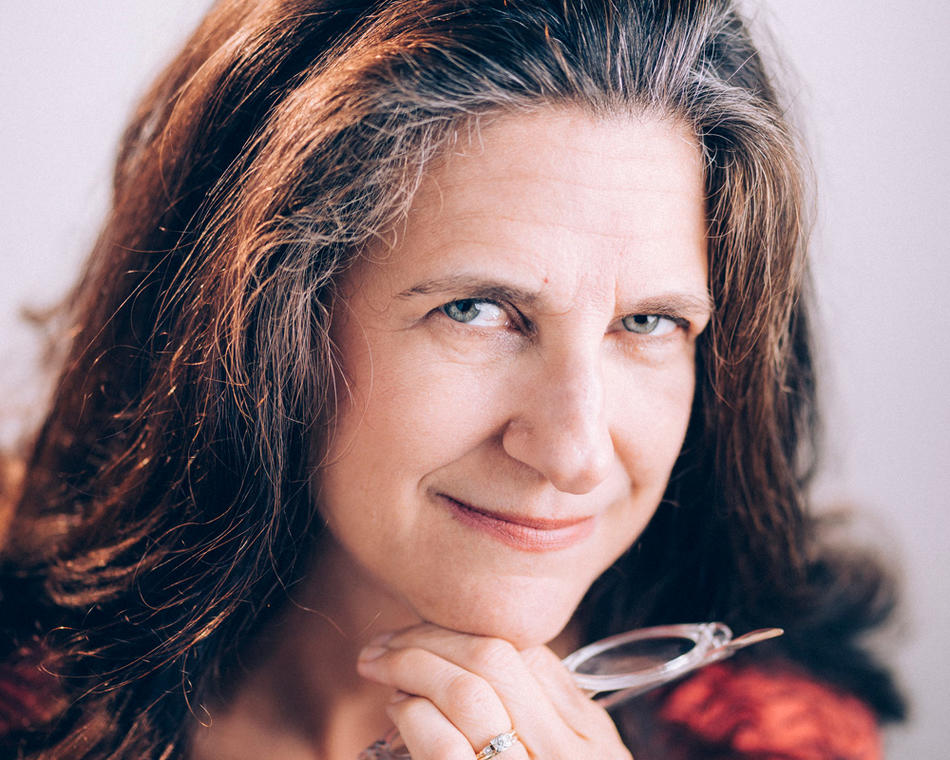Can you explain what you do?
As a dream-work professional, I offer classes, workshops, and one-on-one sessions that help people reconnect with their sleep experiences in an active, conscious way. Understanding our dreams can have a positive impact on our health, happiness, and relationships.
How, exactly?
The more we’re conscious of our motivations, the more we can reflect on and respond to problems rather than react to them. Our lives are often run by subconscious urges and beliefs, which affect our mental health on a daily basis. Dreams can help us uncover these beliefs and give us fresh insights into dealing with people and situations. Dream work has been proved to be a practical short-term therapy for everything from dealing with grief to navigating transitions, such as divorce or job changes, to healing from posttraumatic stress. Figuring out how dreams are speaking to you and learning to listen to their language is very valuable. I’ve had many dreams over the years that have helped me with my relationships.
Are dream archetypes real? For example, if you dream about being naked in public, does it mean you must be insecure?
Unfortunately, that’s a common misconception. There’s no reliable codebook when it comes to dream interpretation. We can’t say, “A chair means this; a bird means that.” That doesn’t work, because everyone has their own unique experiences.
Isn’t sleep supposed to be a time to rest, not a time to fix problems?
People see sleep as “doing nothing,” which is funny, because we’re learning more and more how important sleep is for our health, for the building of memory, and for learning. In fact, the brain is very active while we’re asleep. But we go around thinking that sleep is just this big void at the end of our day. It’s the opposite. It’s such a productive, beautiful, and rich time.
What’s the best way to get a good night’s sleep?
Go to bed at around the same time every night and relax for an hour or so before bedtime. Dim the lights, turn off electronics, and maybe try some yoga, meditation, or gentle stretches. The biggest sleep stealers are our thoughts and anxieties, so anything that helps you get into your body and out of your mind is good. Set sleep as an intention and commit to it. Approach it as something sacred and self-loving.



